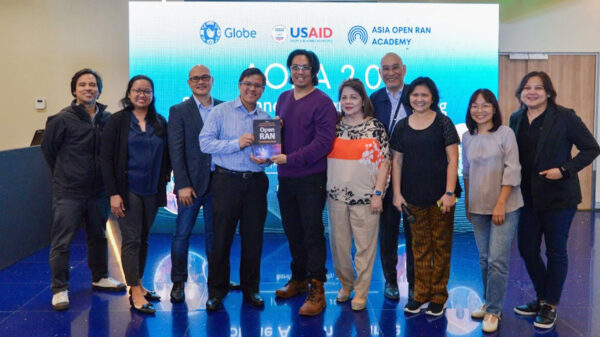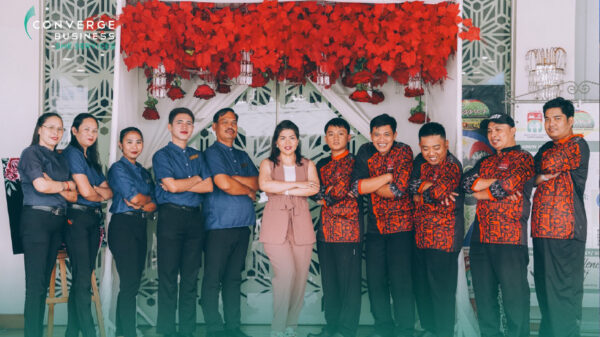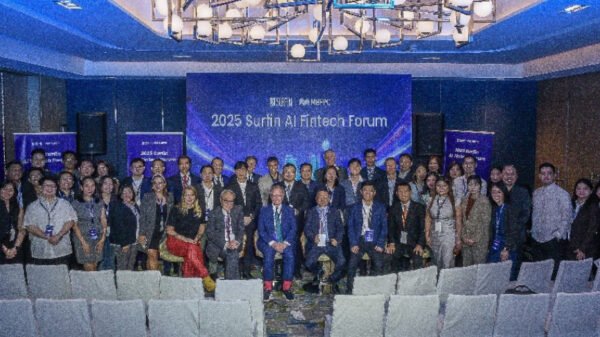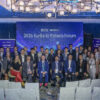BSA | The Software Alliance reports that the Philippines has responded positively to BSA’s recent campaign to clean up corporate use of illegal software. At the halfway point of the campaign, the Philippines’ results for software legalization came second to Thailand’s and ahead of Vietnam’s and Indonesia’s. This encouraging response is the result of both the Philippine Government enforcing laws that require corporations to use only legal software, and corporate CEOs in the Philippines ensuring that their companies make comprehensive efforts to obey those laws.
The BSA Legalize and Protect initiative was launched to educate CEOs about the cyber security, legal, and reputational risks associated with using illegal and unlicensed software. BSA reports that nearly 250 corporations across 9 provinces in the Philippines have cooperated in the software legalization process so far, with the majority of activity taking place in Metro Manila, Laguna, and Cebu. Most participating companies have been in the manufacturing, engineering, and industrial design industries.
The BSA software legalization campaign will end in February 2020, after which BSA will issue full performance reports for each participating ASEAN country. These reports will be designed to help ASEAN governments plan further enforcement and educational activities in response to continued corporate use of use of illegal software.
“This campaign works in the Philippines because many corporations understand that software legalization is necessary, and it is better to be proactive than wait for a cyber crisis or legal consequences,” said Tarun Sawney, Senior Director at BSA. “The Optical Media Board (OMB) also plays an important role in holding corporations accountable. We believe that most CEOs in the Philippines are aware of their responsibility to use legal software, and we expect many more to make certain their companies do so as our campaign continues.”
In September, BSA launched its Clean Up to the Countdown campaign to persuade CEOs to ensure their corporations are compliant with local and international laws by 2020. The campaign is taking place in four large Southeast Asian nations: the Philippines, Thailand, Vietnam, and Indonesia.
Thus far, in response to the campaign more than 1,000 corporations in the ASEAN region have made legitimate software purchases for approximately 6,000 PCs since September. BSA anticipates these numbers will continue to grow in the campaign’s second half.
To protect themselves from future crises, companies can implement proven software asset management (SAM) to get more out of their technology. Full software legalization also helps corporations prevent debilitating cyber security damages, improve productivity, reduce downtime, centralize license management, and even reduce costs due to the flexibility of the modern subscription model.
Sawney has promised to continue working with ASEAN government officials to bring enforcement to every corporation that continues to violate software copyrights. He said that BSA has endeavored to educate CEOs and senior business leaders about the risks of illegal software and how they can clean up their businesses.
“We like the progress we are seeing this year, but some CEOs will only clean up their companies when they face very significant pressure from government enforcement officials, so we will work with our partners in each government to bring appropriate action against CEOs whose corporations refuse to comply,” said Sawney.










































































































